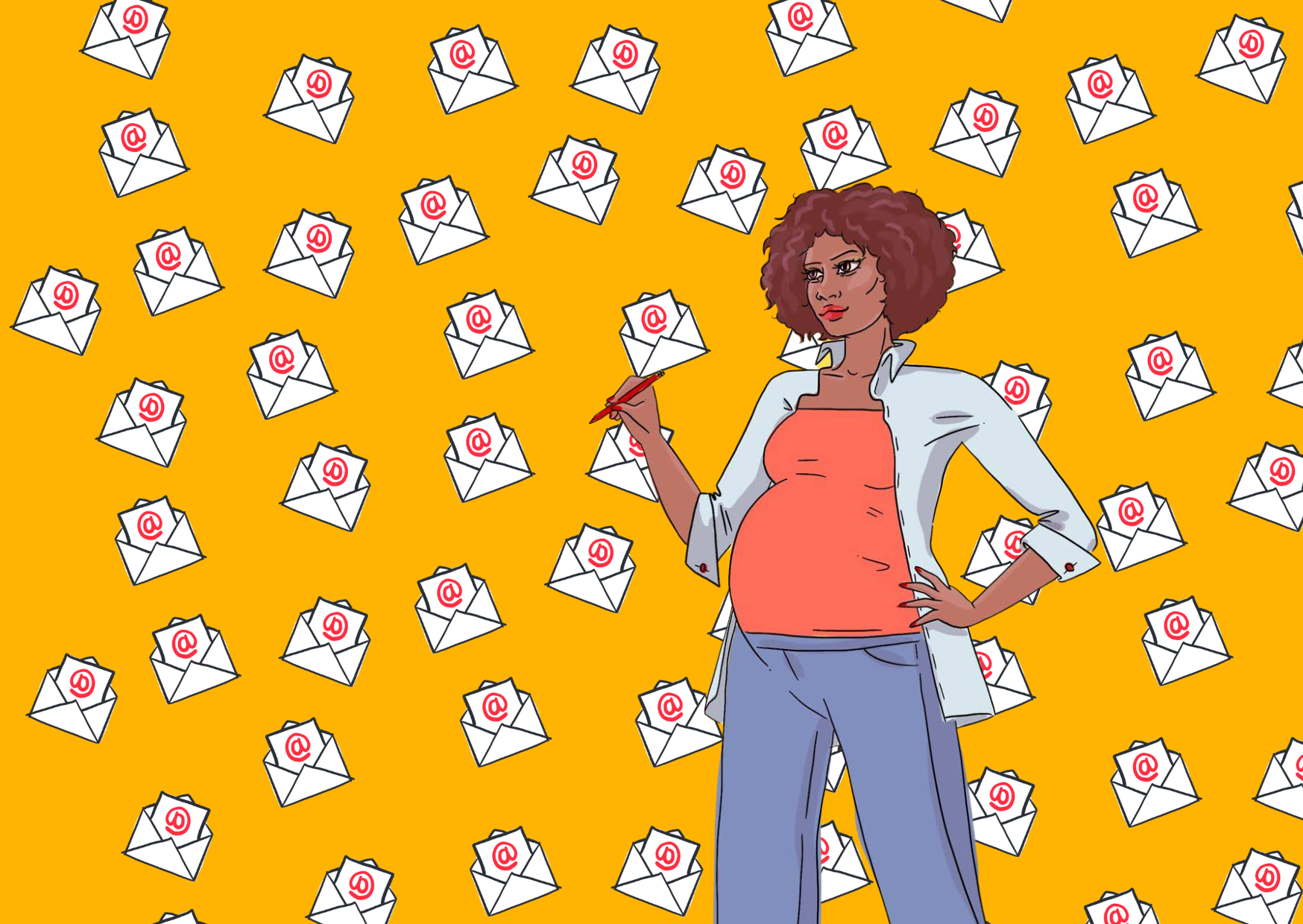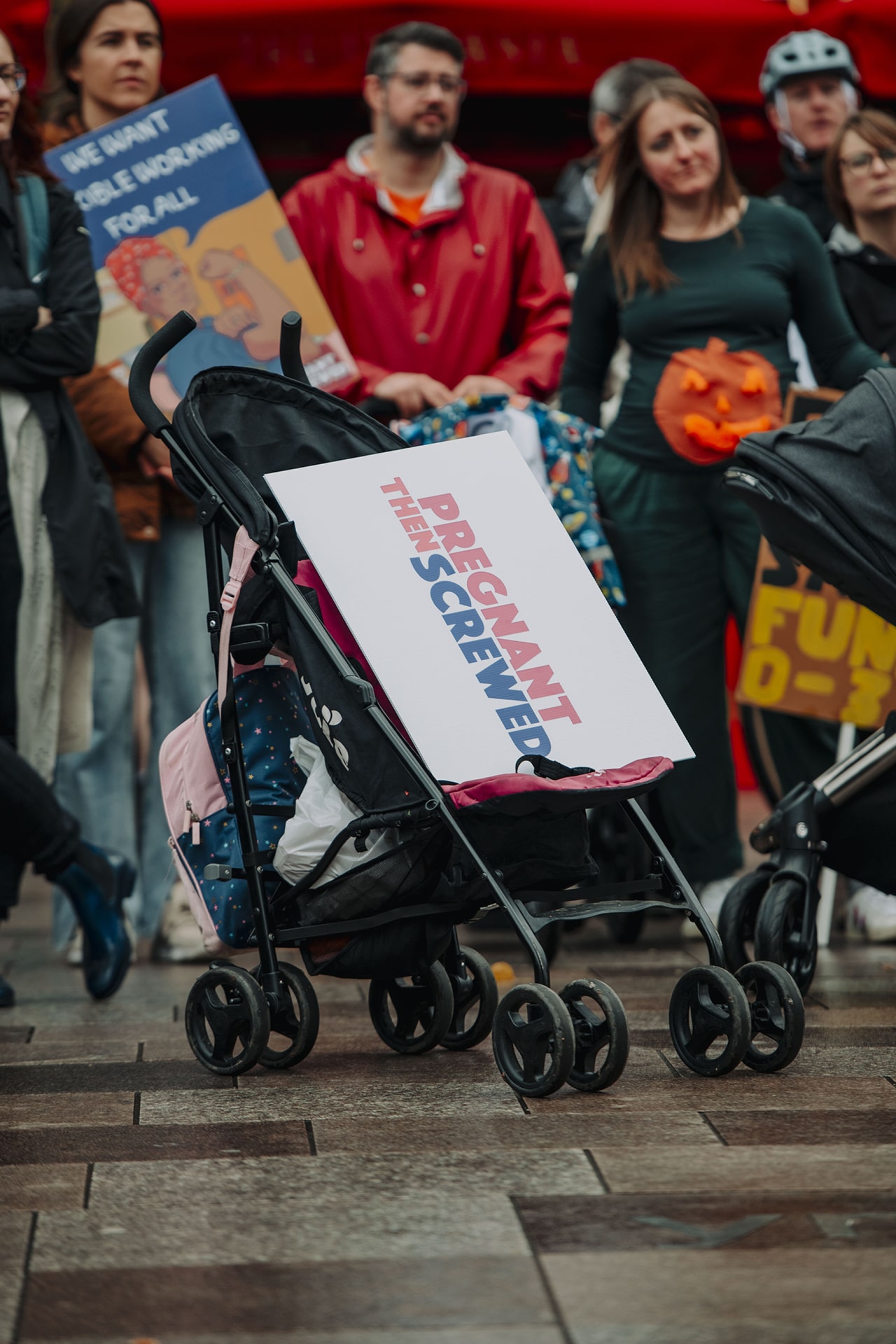Yesterday’s report from the Resolution Foundation showed that for women in their 20s the gender pay gap is now at an all time low of 5%. This is half what it was a generation ago. The media revered this transformative shift, stating it demonstrated a sea change in equality for the next generation. Yet, the pay gap for women in their 30s and above has not changed in a generation, with women experiencing a pay deficit of almost 30% by the time they are in their mid 40s.
The statistics made the headlines, yet in reality they illustrate little progress. If you compare them to the average age women are having children in the UK, you will note a striking parallelism. More women are having children over the age of 35 than under 25. The average age of first time mothers has increased by 4 years in 4 decades. In 1980 the gender pay gap for women in their 20s was 9%, as the average age women are having children has increased by a year per decade, the gender pay gap has decreased by 1% per decade. Ultimately these statistics simply show that women are having children later.
The gender pay gap is a complex and nuanced issue, yet these statistics again demonstrate the relentless impact childbearing has on a woman’s career.
As the gender pay gap debate erupted again, many excused it as being a cause of the positive choices women make. Merryn Somerset Webb, editor-in-chief of the financial magazine Moneyweek, said on Channel 4 news ‘There isn’t a case for forcing women to make different choices about how they run their families.’ But she misses the point. The point is that women don’t have choices.
Childcare in the UK is the most expensive in the world. For many families it makes no financial sense for both parents to work, so many women end up dropping out of work to care for their children in the years prior to school starting. After 4 years of unpaid work, many return to low paid, unqualified roles. According to the Fawcett Society, for each year a mother is absent from the workplace, her future wages will fall by 4%. If the Government was to offer subsidised, means tested child care we would see thousands of parents returning to the workplace earlier thereby reducing the pay gap. Other research by the Resolution Foundation, suggests two-thirds of unemployed mothers aren’t working because childcare is too expensive, while 67% of mums in work say the cost of childcare prevents them working more.
Many women look for part time and flexible working when they return to work but are penalised for doing so. Per hour, part time work is paid less than full time work, despite the fact that part time workers can be just as productive.
Saying the gender pay gap is a result of women making positive choices, rejects the idea that discrimination towards mothers exists. With 54,000 women a year losing their jobs for getting pregnant and 77% of working mums saying they have endured some kind of discrimination in the workplace, we now know that this is a massive issue, with women having their careers snatched away from them when they become mothers. We also know that this type of discrimination affects women before they get pregnant, with 40% of managers saying they would avoid hiring a women of childbearing age. Women are being discriminated against just because they have a uterus. That doesn’t sound like a positive choice to me.
Finally, the current legislation does not support fathers taking time out to care for their children. Legislation can be adapted to ensure childcare does not automatically rest with a mother. Shared parental leave was a step in the right direction, but women are still paid more than men to take time out to care for their children. With the gender pay gap firmly in place, it means that for couples, the woman usually earns the least so at a time when you need to preserve your finances, it makes much more sense for the father to return to work.
This isn’t about positive choices, this is about women being paid less than men because they have a uterus.


